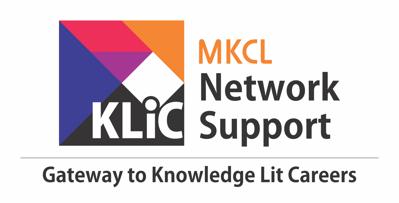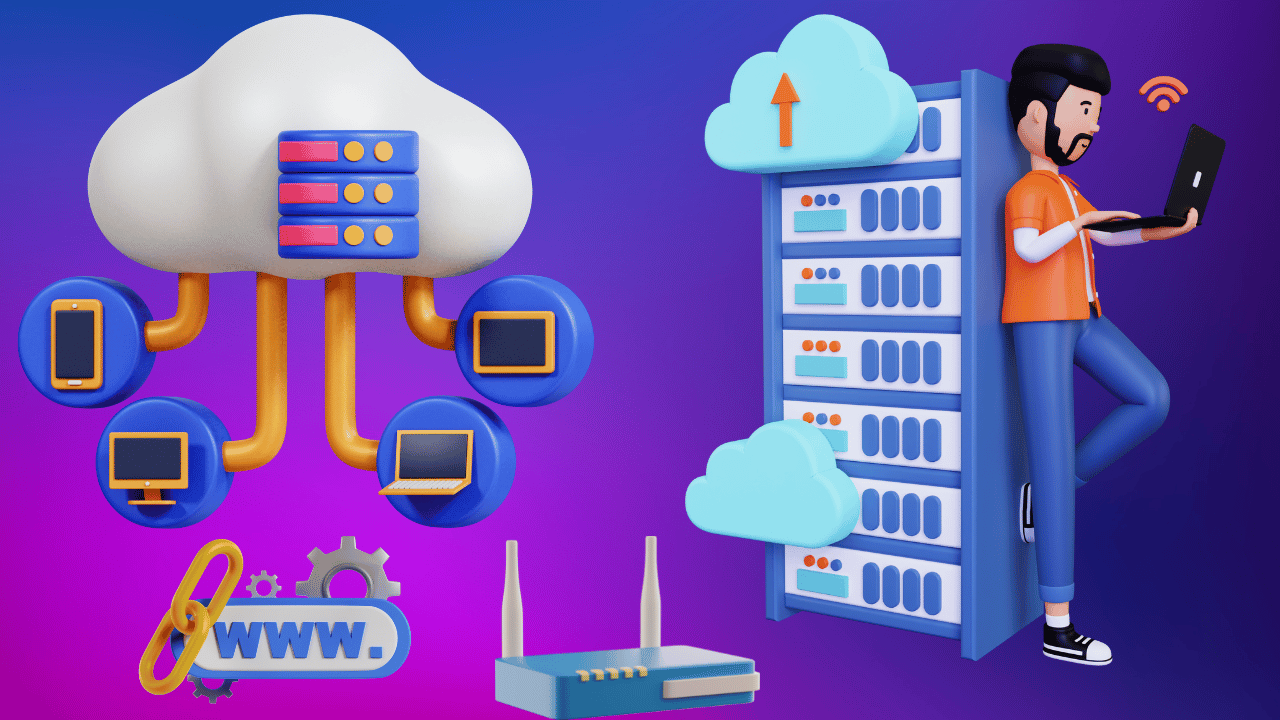- In this course, you will learn to:
- Identify the basic principles and concepts of network security, including confidentiality, integrity, availability, authentication, and non-repudiation, to understand the fundamental aspects of securing networks.
- Recognize various types of network threats, such as malware, phishing, DDoS attacks, insider threats, and system vulnerabilities, to assess potential risks to network security.
- Describe security measures such as access control, encryption, firewalls, intrusion detection/prevention systems (IDS/IPS), and network segmentation, to understand how these measures are implemented to enhance network security.
- Analyze network security monitoring tools and techniques to detect and analyze suspicious network activity, anomalies, and security events, allowing for effective response and mitigation of security incidents.
- Explain the latest advancements in networking technologies and security threats, such as cloud computing and IoT, to stay informed about emerging trends and potential risks to network security.

Mastering Computer Network Management and Troubleshooting
Manage network configurations and resolve connectivity and performance issues.
KLiC Certificate in Mastering Computer Network Management and Troubleshooting
Introduction
What you'll learn ?
- At the end of this course, learners will be able to:
- Analyze various types of network threats, vulnerabilities, and attack vectors, and assess their potential impact on network security to develop effective risk mitigation strategies.
- Evaluate network security monitoring tools and techniques to detect and analyze suspicious network activity, anomalies, and security events, enabling proactive response and mitigation of security incidents.
- Apply troubleshooting skills to resolve common network security issues, such as access control problems, misconfigurations, and security policy violations, ensuring the integrity and availability of network resources.
- Design wireless network solutions for diverse use cases, including enterprise networks, public hotspots, and IoT deployments, by applying knowledge and skills in wireless networking technologies and best practices.
- Predict future capacity requirements, analyze network performance metrics, and plan for network scalability to accommodate growth and changes in network demand, ensuring optimal network performance and resource utilization.
Syllabus
- Network Security part 3
- Network Security part 4
- Multifactor authentication part 1
- Multifactor authentication part 2
- Authentication methods
- Network access protocols Part 1
- Network access protocols Part 2
- Asset Disposal
- Wireless Security
- Remote Access Security
- Network Transceivers
- Network Management - 1
- Network Management - 2
- Network Management Part 3
- Network Management Part 4
- Internet Connectivity Types
- Wide Area Networks ( WANs)
- Wide Area Networks part 1
- Wide Area Networks part 2
- Wan Technologies Part 1
- Wan Technologies Part 2
- Checking internet speed with Speed test
- Wireless frequencies and channel's part 1
- Wireless frequencies & channels part 2
- Wi-Fi Standards
- WPA 3
- Wireless Networking -2
- Wireless Networking part 3
- Configuring Wi-Fi network
- Configuring Wi-Fi router -1
- Designing a network-1
- Designing a network-2
- Designing a network part 3
- Designing a network part 4
- Network performance
- SNMP
- Using Monitoring tools
- Troubleshooting Methodology and connectivity issues
- Network Testing Tools
- Twisted pair cable issues
- Fiber Optic Connectivity Issues
- Network Troubleshooting-2
- Common Port Problems
- Common Software Tools for Network Troubleshooting
- Using Software testing tool
- Command line tool for networking
- Using Command line utilities
- Troubleshooting Basic IP Networking Issues
- Common Switching Issues
- Wi-Fi Access Point Issues
- Wireless issues
- Common errors in DHCP
- Troubleshooting DNS issues
- Troubleshooting slow internet problems
- About Cisco Packet Tracer
- Installing and configuring packet tracer
- Adding basic components in packet tracer
- Configuring Switches
- Configuring Routers
- About VPN Part 1
- About VPN Part 2
- VPN softwares
- How to install VPN?
- Installing VPN
- Configuring VPN
- NOS Basics Part 1
- NOS Basics Part 2
- Installing NOS
- Configuring basic things in NOS
- File server
- Print server
- Web server
- Mail server
- Database server
- FTP Server
- Installing Print server
- Emerging Network Technologies
- IoT
- Next Generation Hotspots
- Cloud Computing - 1
- Cloud Computing - 2
- Cloud Computing - 3
- Cloud Computing - 4
- Cloud computing - 5
- About Network Attached Storage
- Basics of NAS
- Types of NAS solutions
- Benefits of Network Attached Storage
- NAS devices
- Wireshark Basics -1
- Wireshark Basics - 2
- Common Networking attacks
- Denial of Service
- Social Engineering
- Phishing
- Ransomware
- DNS Poisoning & Spoofing
- Wireless Deauthentication
- Man-in-the-Middle
- What is a Network Rack?
- How to Set-Up a Network Rack
- Network Rack Equipment
- Network Operation part -1
- Network Operation part -2
- Network Operation part -3
- Network operation part 4
- Network Operation Part 5
- Network Operation Part 6
Certificate
- MKCL provides certificate (for 30/60/90 hours courses) to the KLiC learner after his/her successful course completion.
Academic Approach
The Academic Approach of the course focuses on the “work centric” education i.e. begin with work (and not from a book !), derive knowledge from work and apply that knowledge to make the work more wholesome, useful and delightful. The ultimate objective is to empower the Learner to engage in socially useful and productive work. It aims at leading the learner to his/her rewarding career as well as development of the society.
Learning methodology
- Learners are given an overview of the course and its connection to life and work.
- Learners are then exposed to the specific tool(s) used in the course through the various real-life applications of the tool(s).
- Learners are then acquainted with the careers and the hierarchy of roles they can perform at workplaces after attaining increasing levels of mastery over the tool(s).
- Learners are then acquainted with the architecture of the tool or Tool Map so as to appreciate various parts of the tool, their functions and their inter-relations.
- Learners are then exposed to simple application development methodology by using the tool at the beginner’s level
- Learners then perform the differential skills related to the use of the tool to improve the given ready-made outputs.
- Learners are then engaged in appreciation of real-life case studies developed by the experts.
- Learners are then encouraged to proceed from appreciation to imitation of the experts.
- After imitation experience, they are required to improve the expert’s outputs so that they proceed from mere imitation to emulation.
- Finally, they develop the integral skills involving optimal methods and best practices to produce useful outputs right from scratch, publish them in their ePortfolio and thereby proceed from emulation to self-expression.
Evaluation Pattern
Evaluation Pattern of KLiC Courses consists of 4 Sections as per below table:
| Section No. | Section Name | Total Marks | Minimum Passing Marks |
|---|---|---|---|
| 1 | Learning Progression | 25 | 10 |
| 2 | Internal Assessment | 25 | 10 |
| 3 | Final Online Examination | 50 | 20 |
| Total | 100 | 40 | |
| 4 | SUPWs (Socially Useful and Productive Work in form of Assignments) | 5 Assignments | 2 Assignments to be Completed & Uploaded |
MKCL’s KLiC Certificate will be provided to the learner who will satisfy the below criteria:
- Learners who have successfully completed above mentioned 3 Sections i.e. Section 1, Section 2 and Section 3
- Additionally, learner should have completed Section 4 (i.e. Section 4 will comprise of SUPWs i.e. Socially Useful and Productive Work in form of Assignments)
- Learner has to complete and upload minimum 2 out of 5 Assignments
Courses Fee Structure from 01 July, 2025 Onwards
KLiC 30 hour course fee applicable from 01 July, 2025 all over Maharashtra| KLiC Course Duration | MFO: MKCL Share (Including 18% GST) |
ALC Share (Service Charges to be collected by ALC) |
|---|---|---|
| 30 hours | Rs. 300/- | Rs. 1,500/- |
Important Points:
* Above mentioned fee is applicable for all Modes of KLiC Courses offered at Authorised Learning Center (ALC) and at Satellite Center
* Total fee is including of Course fees, Examination fees and Certification fees
* MKCL reserves the right to modify the Fee anytime without any prior notice
* Above mentioned fee is applicable for all Modes of KLiC Courses offered at Authorised Learning Center (ALC) and at Satellite Center
* Total fee is including of Course fees, Examination fees and Certification fees
* MKCL reserves the right to modify the Fee anytime without any prior notice
